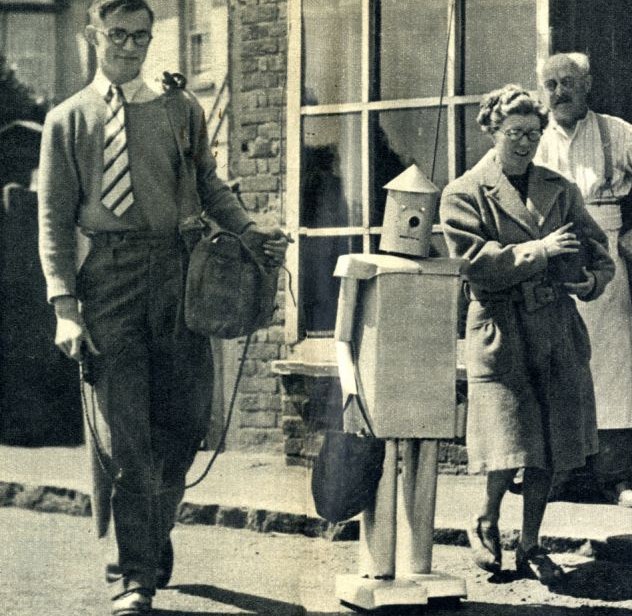In a new Brookings paper, law professor Ryan Calo proposes that a federal robotics commission be formed to oversee the likely rapid expansion of automation and AI in America. It certainly sounds more useful than the FCC. An excerpt:
“Robotics stands poised to transform our society. This set of technologies has seen massive investment by the military and industry, as well as sustained attention by the media and other social, cultural, and economic institutions. Law is already responding: several states have laws governing driverless cars. Other states have laws concerning the use of drones. In Virginia, there is a law that requires insurance to cover the costs of telerobotic care.
The federal government is also dealing with robotics. There have been repeated hearings on drones and, recently, on high speed trading algorithms (market robots) and other topics on the Hill. Congress charged the Federal Aviation Administration with creating a plan to integrate drones into the national airspace by 2015. The Food and Drug Administration approved, and is actively monitoring, robotic surgery. And the NHTSA, in addition to dealing with software glitches in manned vehicles, has looked extensively at the issue of driverless cars and even promulgated guidance.
This activity is interesting and important, but hopelessly piecemeal: agencies, states, courts, and others are not in conversation with one another. Even the same government entities fail to draw links across similar technologies; drones come up little in discussions of driverless cars despite presenting similar issues of safety, privacy, and psychological unease.
Much is lost in this patchwork approach. Robotics and artificial intelligence produce a distinct set of challenges with considerable overlap—an insight that gets lost when you treat each robot separately. Specifically, robotics combines, for the first time, the promiscuity of data with physical embodiment—robots are software that can touch you. For better or for worse, we have been very tolerant of the harms that come from interconnectivity and disruptive innovation—including privacy, security, and hate speech. We will have to strike a new balance when bones are on the line in addition to bits.
Robotics increasingly display emergent behavior, meaning behavior that is useful but cannot be anticipated in advance by operators. The value of these systems is that they accomplish a task that we did not realize was important, or they accomplish a known goal in a way that we did not realize was possible. Kiva Systems does not organize Amazon’s warehouses the way a human would, which is precisely why Amazon engaged and later purchased the company. Yet criminal, tort, and other types of law rely on human intent and foreseeability to apportion blame when things go wrong.”
Tags: Ryan Calo

